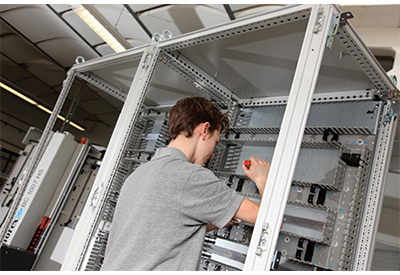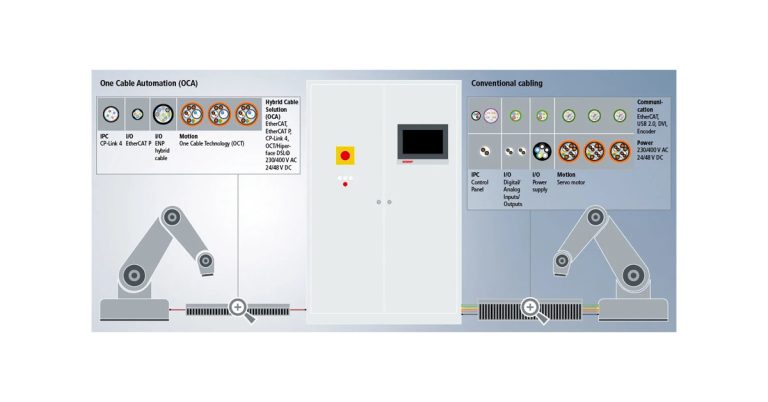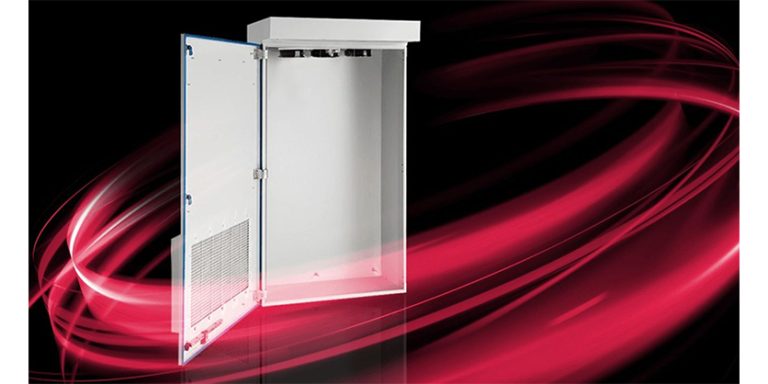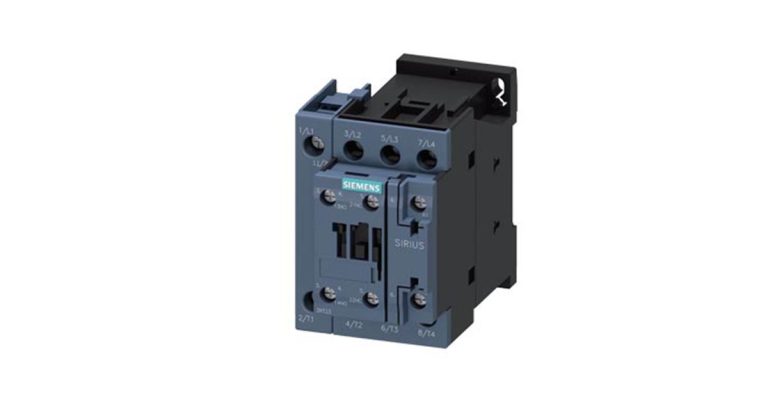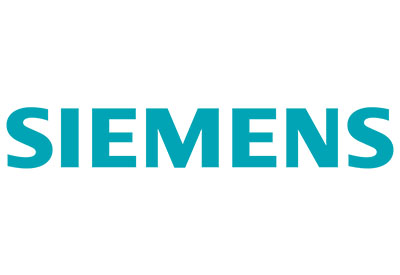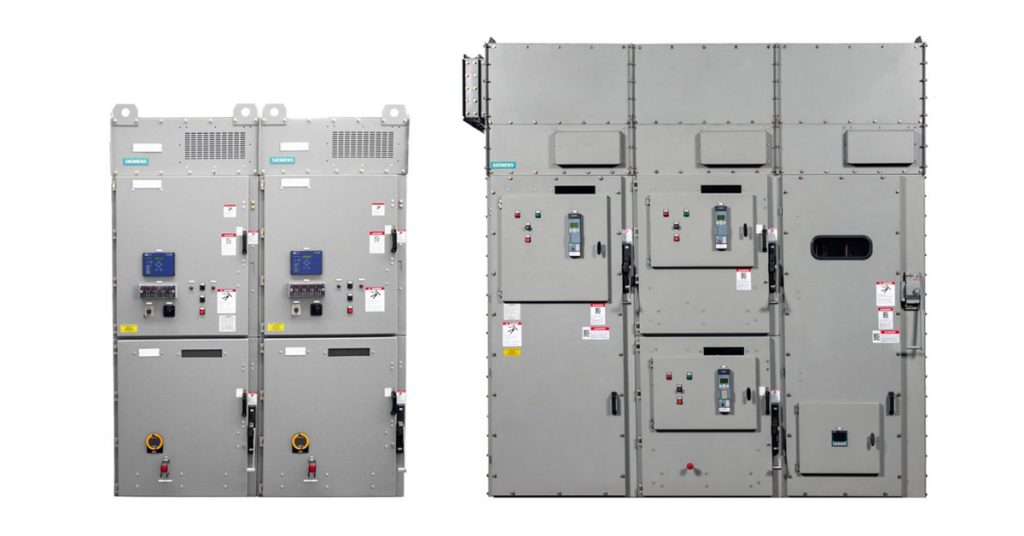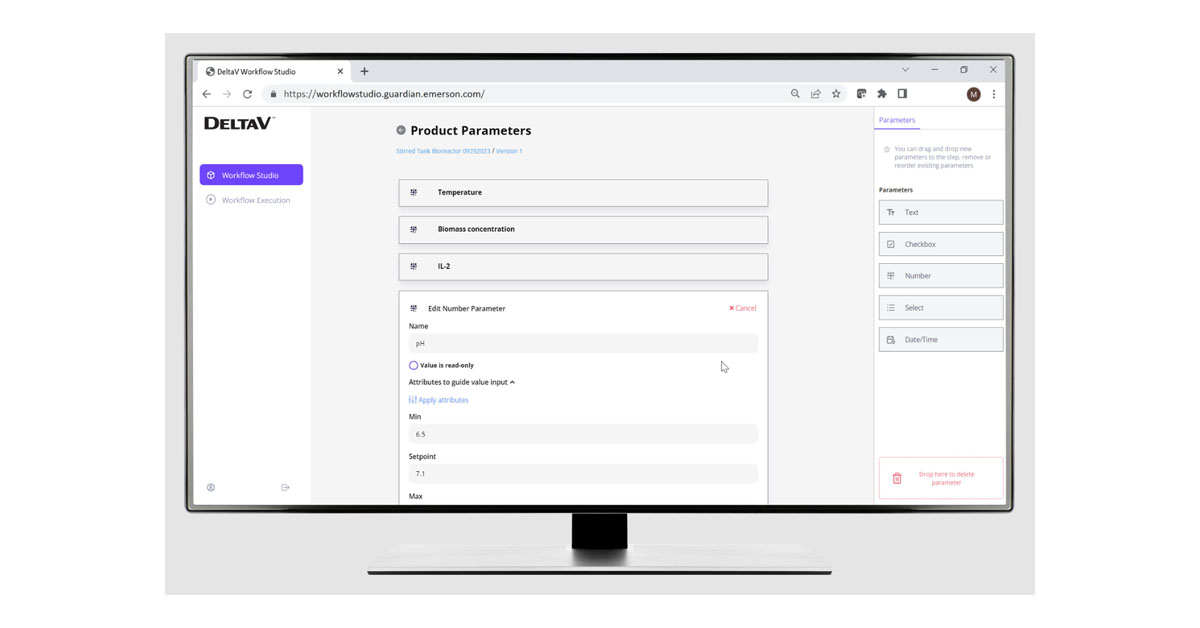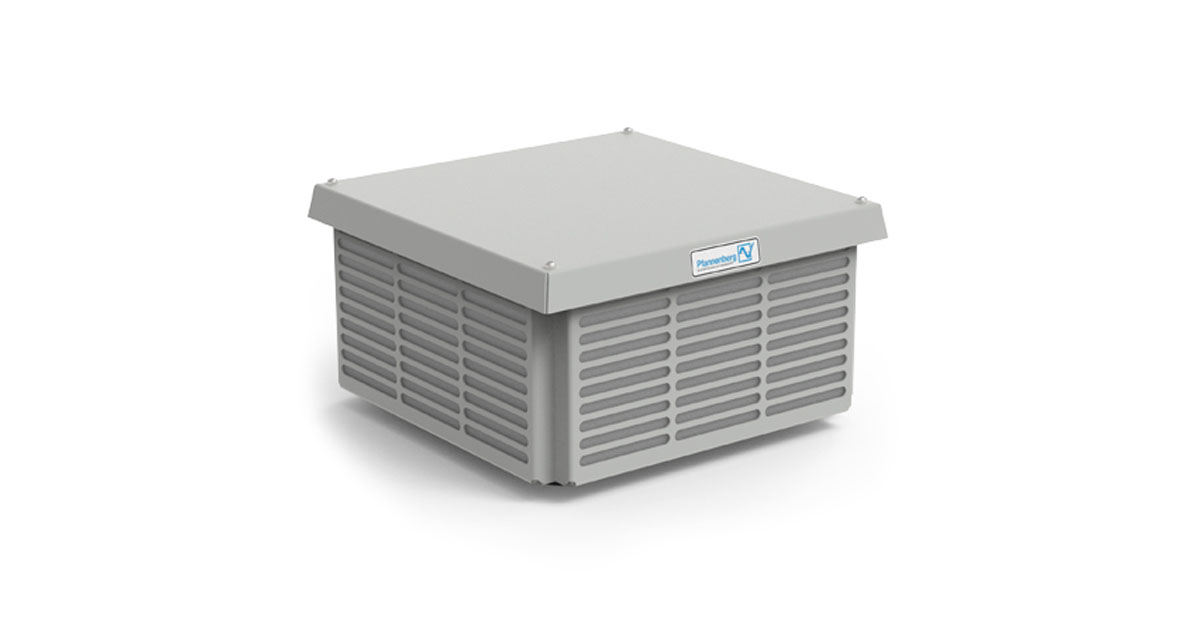Digitalization Helps Craft Breweries Establish a Competitive Edge
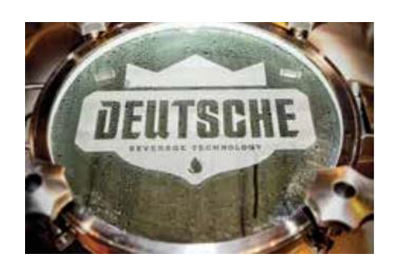
April 23, 2021
The ability to implement automation system adjustments on the fly helps brewers better serve rapid market demand
Today’s craft beer producers face many challenges, including aging infrastructures, sourcing raw materials, and navigating government standards and regulations. They must also achieve high productivity and operational flexibility to ensure their new products achieve faster time-to-market to meet ever-changing customer expectations. Product development becomes a key differentiator for successful firms in this market space.
Why digitalization technologies matter to brewers
Brewing and distilling is in the midst of significant digital transformation. Intense competition is driving this digitalization trend. Time-to-market is essential for today’s craft brewer to capture consumer interest before the competition does. Progressive craft breweries constantly refine and modify their recipes and, as a result, their brewing operations must be flexible enough to create new brews that meet immediate consumer demands and capitalize on industry trends. If the automation systems within the brewery are flexible and adaptable to changing formulas, then the possibilities for a successful “big seller” multiply. Once one of the brews demonstrates early success, the ability to ramp up production quickly is critical. Therefore, the automation system must be able to immediately react to the new formulation and scale production while the brew is in high demand.
When a new product creates a spike in demand, brewers may quickly expand their operations by adding a second or third shift to their workday. They may also increase their fermentation capacity by adhering to an automated optimum fermentation profile so beer does not needlessly sit in the fermentation tank. If they still require more capacity, fermentation tanks can be more closely monitored or, if the added demand looks to be more permanent, additional tankage can be brought in. With a scalable control system, brewers can then integrate additional hardware and software as necessary.
More and more craft brewers are now migrating to new automation solutions. According to Chris Williams, of Cherry Street Brewing in Cumming, Georgia, “Automation excites us. The labor involved in what we do is intense and automation helps us get our creative beers to market faster, which enables us to jump ahead of our competitors.” Williams is a potential customer of Deutsche Beverage Technology of Charlotte, North Carolina, a provider of turnkey engineering solutions for breweries, and a partner of Siemens.
Brewers are also discovering a better way to produce a more consistent-tasting beer through modern control technology. “When we look at automation solutions we are hoping for more consistency — and more beer,” said Mike Cuddy, owner and operator of Ghostface Brewing in Mooresville, North Carolina, another Deutsche Beverage Technology customer. “We want to make sure everything comes out the same each time. The automation is great. Instead of sticking to one task at a time, we can perform multiple tasks at the same time, enabling more creativity and productivity.”
Cameron Cane, president of Deutsche Beverage Technology finds himself on the front line of helping large and small breweries to succeed in streamlining and modernizing their industrial brewing operations. “Digital systems will help more microbreweries become more competitive,” says Cane. “Many small brewers work in small shops with a limited amount of manpower, they need digital technology to help spur growth.”
How Deutsche Beverage Technology built a brewing advantage
Deutsche Beverage Technology serves the growing craft beer market by providing brewers with digital systems, remote access, smart controls, and integrated process system communications technologies.
Once the craft brewery industry began to flourish, Cane recognized a need within his own company to reevaluate the way he was servicing his growing volume of customers. To gain a competitive advantage, Cane decided to introduce a new suite of digital manufacturing process control technologies. He needed a technology partner with extensive expertise in food and beverage process control. The goal was to create an automated solution with greater flexibility that enhanced connectivity for both the Deutsche Beverage programmers and for the brewery end customers who required multiple process control changes during operation.
“Although implementing an automated control solution can be technologically complex, we need to provide our customers with a scalable solution that is easy to use, robust, and that they don’t really need to worry about,” Cane said.
Digitalization allows breweries to select the system capabilities that address their specific needs without having to deploy all features up front. Brewers can manage facilities within current cost constraints while maintaining the scalability to expand in the future. This provides their operations with the power of automation that enables them to realize the benefits of digitalization in a way that makes sense for their operations. As their business evolves, changes and upgrades can be implemented without having to re-engineer or repurchase the control system. Such affordability, scalability and ease of use were the primary reasons why Deutsche Beverage selected Siemens as a technology partner.
As part of its partner search process, Deutsche Beverage analyzed product specifications and conducted blind tests to determine the look and feel of the various solutions. Siemens products came out a clear winner during these comparisons. The due diligence process was thorough and included everything from complete evaluation of the digital design and architecture, down to the quality of the equipment, for example, push buttons.
According to Deutsche Beverage electrical engineer Chris McAbee, the Siemens SIRIUS ACT push buttons and switches not only offered digital connectivity, but also stood out from the competitors because of their ergonomic look and feel, the ease of wiring, and the time saved during installation.
“We picked Siemens SIRIUS ACT buttons because, in the brewing industry, these buttons get splashed continuously and our customers needed a solution that was either water resistant or waterproof,” said McAbee. “The SIRIUS ACT buttons we selected are waterproof – they can be completely drenched in the brewing process and there is no worry of shorting or damaging the circuitry.”
To enhance the connectivity of their solutions, Deutsche Beverage chose Siemens PROFINET communications protocol. PROFINET allows the transfer of data over a common ethernet backbone – a critical capability that enables digitalization. This connectivity provides remote access to the brewers’ automation equipment for the purpose of gathering diagnostic and maintenance information.
“We didn’t have the capability of remote access before Siemens PROFINET solutions,” McAbee said. “We’d set the sensor up at the customer site and, once we left, it would be costly for us to come back and change it. Or, we could walk the customer through how to fix the problem over the phone. But if they got stuck, we’d have to go back in and reprogram, which took up valuable engineering time.”
Now, with PROFINET connectivity, the Deutsche Beverage staff can immediately support their customer-installed base. “If a brewer is experiencing an issue with a system, for example, the emergency valve gap crashes which causes a loss of motor power, and the system sends out an alarm. We get an email or text with a request to look at what happened. We integrate a lot of warnings to help the brewer avoid wasting money,” said McAbee.
Remote access also helps reduce operational costs. In one instance, a customer was sure the problem they were experiencing was due to a drive. According to McAbee, “I was able to remotely log into the drive and it actually told me we had a motor issue.”
Programmer productivity tools enhance flexibility
For the Deutsche Beverage team, digitalization helps streamline engineering and commissioning. On the engineering side, reduced wiring outlay means fewer sources of error during installation. In addition, there is no requirement to address individual push buttons and command points – there is one IP address for up to 21 devices. Memory modules are easily replaced without the need of programming knowledge. All of this helps to boost speed and agility for both the machine builder and the end user. The Siemens Totally Integrated Automation (TIA) Portal offers a user-friendly interface that makes configuring the solution simple and safe in the design phase and also enables the facilitation of automatic generated system diagnostics after the push button and pilot device control solutions are installed at the breweries.
Debugging is also simpler. If an error occurs, the programmer can easily pinpoint a problem in the solution and identify what is wrong and why. The system components (i.e., the CPU, the HMI, and the drives, which are all part of Siemens TIA) seamlessly communicate with each other.
Programming capabilities are further enhanced through an ergonomic design of a Siemens KTP400 Human Machine Interface (HMI) and its global library support. Deutsche Beverage Technology also uses a Siemens S7-1200 FailSafe controller that manages standard and safety-related tasks – without requiring additional hardware. Advanced diagnostic data is continuously available via the HMI and on the web server. All error messages are displayed in plain text. The system offers comprehensive protection against unauthorized modifications to code or process values. The S7-1200F incorporates a future-proof design, protecting the end user’s investment by deploying the same tools and instructions for safety functions. Prior to operation, TIA Portal and PLCSIM simulation functions help save time and achieve faster commissioning. The 1200F controller connects directly to a control center without requiring any programming. “If I have a program, or block of code or HMI screen or trace, that works really well in one job, it can be re-used in another application. I can send it to a global library to reuse on multiple projects,” McAbee said. “The TIA Portal engineering software framework and tools are easy to learn and understand. When engineers come on board that are new to Siemens programming and solutions, they easily adapt to the new platform,” he said.
End users leverage tools to drive operational efficiency
Craft brewers are quite diverse in the way they manage their brewery operations. Some prefer complete manual control. Others enjoy the flexibility, power, and consistency that digitalization brings.
As a brewer implements digital solutions, the ability to add a SCADA system such as WinCC is a critical first step in establishing interoperability. Interoperability facilitates a more competitive manufacturing environment. The WinCC portfolio is also scalable. Smaller craft breweries can use a basic panel for a cost-efficient solution, while larger breweries can expand to connect their brewing process to their enterprise business systems. Whether a brewer chooses the basic panel or professional WinCC version, all versions include a solution for remote diagnostics.
“One of my favorite aspects of our brew house equipment is the touchscreen HMI. It really allows Gate City Brewing to get a viewpoint into all our operations from one place and allows us to see every valve, pump and temperature in the brewery quickly. In addition, it is wash down so we don’t have to be careful when we are cleaning up, which save us time in operations. It provides us all the control we need in one place, while being brewer friendly and easy to use,” said Raines.
Consumer demand for craft brews and the level of competition for innovation and efficiency is increasing for craft beer producers. As a result, more and more craft brewers are choosing to implement new automation solutions as critical contributors to success. By combining industry knowledge with efficient technology solutions, companies like Siemens and Deutsche Beverage Technology enable brewers, large and small, to enhance quality and time-to-market through digitalization-driven flexibility and scalability improvements.
![]()

